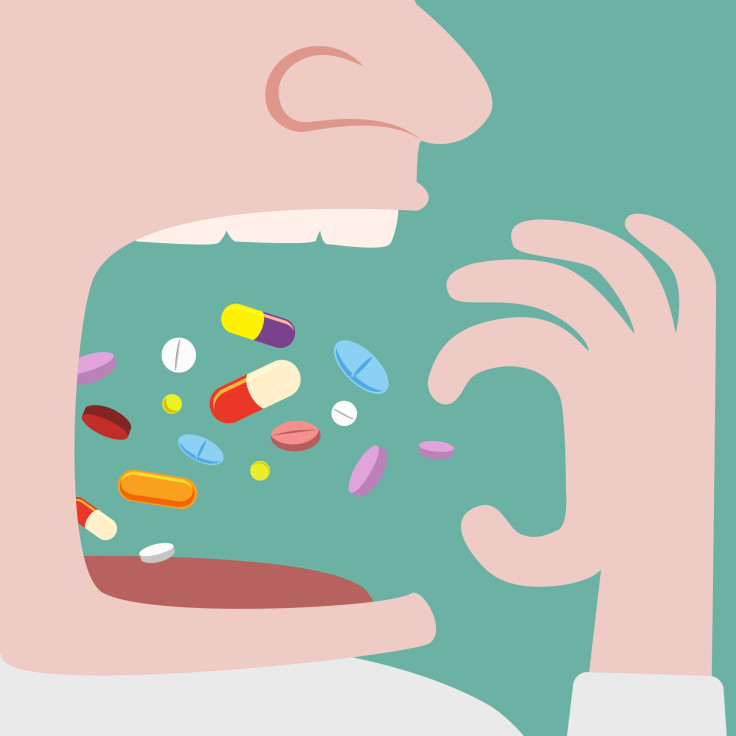The More Antibiotics Your Kid Takes, The Greater The Chance They Could Develop Juvenile Arthritis

Though antibiotics have saved millions of lives since their discovery, it may make life worse for a certain subset of children.
Researchers today in Pediatrics have released a study that purports to show a connection between antibiotic use in children and the development of juvenile arthritis, a rare but debilitating condition.
Analyzing the medical records of nearly half a million children in the United Kingdom, they found that children who had been prescribed an antibiotic within a one-year time period were twice as likely to develop arthritis than those who weren’t — a risk that increased the more antibiotics they were prescribed.
What is known as juvenile arthritis is actually a dizzying array of similar conditions, each with different characteristics — the most common of which is juvenile rheumatoid arthritis, which involves persistent joint pain for more than six weeks.
According to the Centers for Disease Control, as many as 294,000 children under the age of 18 had been diagnosed with some form of arthritis as of 2007, though figuring out the true extent of juvenile arthritis remains difficult because of these shifting descriptions.
In all its different manifestations, juvenile arthritis is generally defined by the malfunctioning of our immune system, as it inadvertently begins to attack parts of the body, including our joints.
Though only 152 children were diagnosed with arthritis in the study’s sample, the authors were able to spot an association between antibiotic use and the condition, even after accounting for the children’s previous medical history.
There was no corresponding link found to antiviral or antifungal use, which the authors believe indicates that one of the mechanisms behind juvenile arthritis could be traced to the bacterial environment that coats our body, commonly referred to as our microbiome. "This is an extremely important clue about the etiology of this serious and potentially crippling disease." said senior author Dr. Brian Strom, chancellor of Rutgers Biomedical and Health Sciences, in a statement . "If confirmed, it also provides a means for preventing it,"
Juvenile arthritis may not only represent a dysfunctional immune system, it could be a sign that our beneficial bacterial allies are in disarray, innocent casualties of medication intended to wipe out their harmful counterparts. "Antibiotics are one of the better known disruptors of human microbial communities," explained lead author Daniel Horton, a postdoctoral research fellow working in the Department of Pediatrics at Rutgers Robert Wood Johnson Medical School and biomedical informatics master's degree candidate in the Rutgers School of Health Related Professions.
Even if antibiotic use is a trigger for the condition, with an ailing microbiome somehow being the domino that starts a cascading autoimmune response, it may only be part of the story. It’s long been suspected that juvenile arthritis has a genetic component, and Horton notes that those with the condition are generally more at risk to come down with serious infections.
"So an alternative explanation to our findings is that this abnormal immune system makes children more susceptible to serious infection even before they are diagnosed with arthritis. Under this hypothesis, antibiotics would be a marker for abnormal immunity rather than a direct cause of arthritis," Horton explained. "A majority of children get antibiotics, but only about 1 in 1,000 get arthritis. So even if antibiotics do contribute to the development of arthritis, it's clearly not the only factor."
What is known that antibiotic overuse has been rampant, with the World Health Organization concluding in 2014 that it is a problem “so serious that it threatens the achievements of modern medicine,” as bacteria rapidly become resistant to these once-proclaimed silver bullets.
"Our research suggests another possible reason to avoid antibiotic overuse for infections that would otherwise get better on their own," said Horton.
Source: Horton D, Strom B, et al. Pediatrics. 2015



























